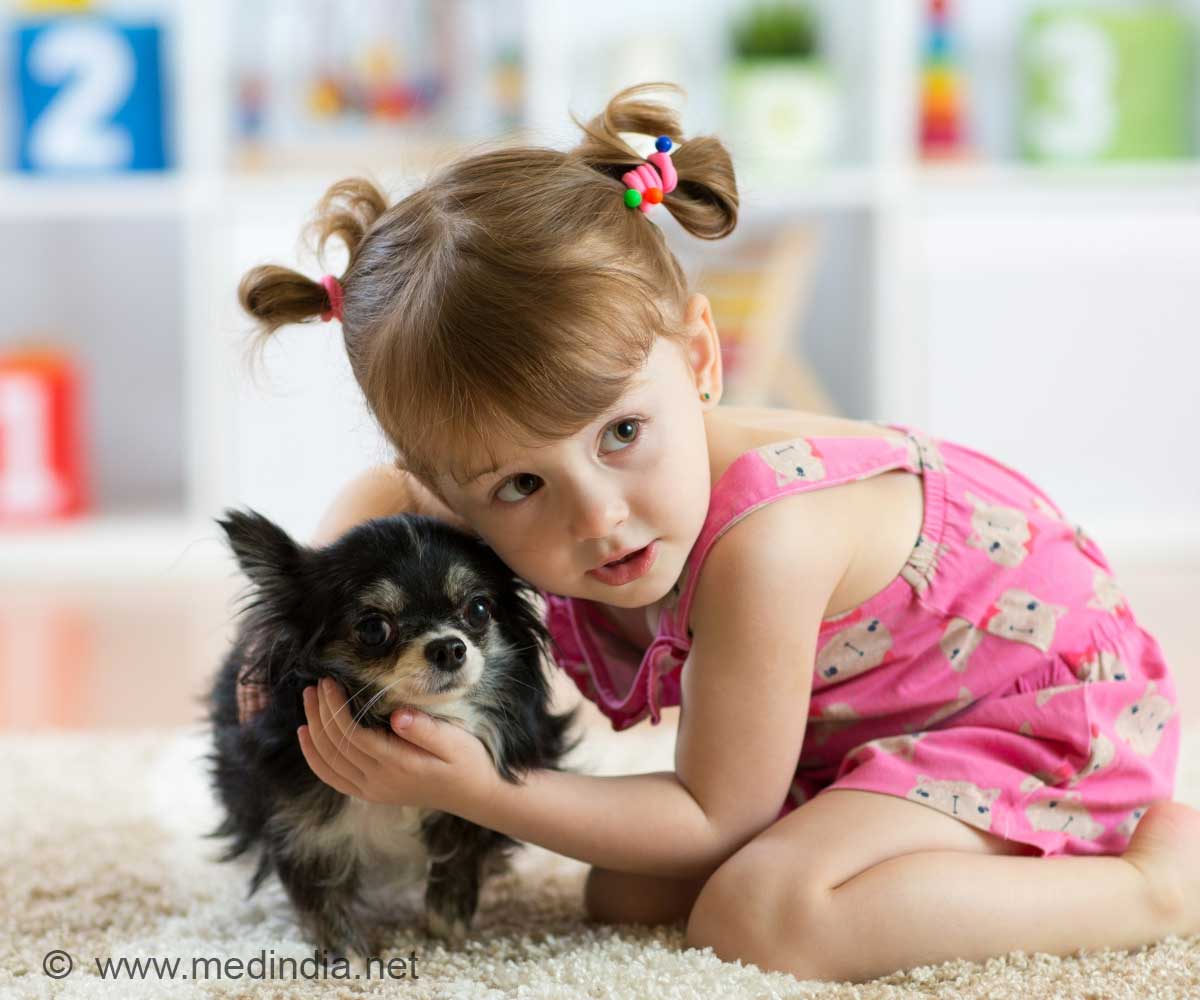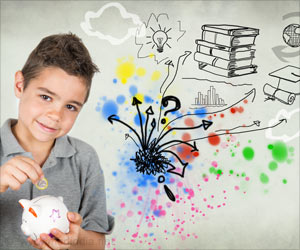The death of a pet can impact children emotionally, especially when the pet feels like a family member to them. Children form a secure bond with pets that help in boosting their self-esteem, empathy, and social competence. Loss of pets can have long-lasting impact on their mental health.

‘Children form a strong emotional bond with their pets that make them feel valued and secure. Loss of pets can have a profound, long-lasting impact on a child's mental health that can turn into serious depression conditions.’
Read More..




"One of the first major losses a child will encounter is likely to be the death of a pet, and the impact can be traumatic, especially when that pet feels like a member of the family," says Katherine Crawford, CGC, previously with the Center for Genomic Medicine at MGH, and lead author of the study. Read More..
The loss of a pet and subsequent elevated mental health symptoms in children should be assessed thoroughly, as it can have serious implications in the future. The new MGH study is the first to examine the effect of loss of pets and mental health responses in children.
Pets are common in households, especially in developed countries. Children develop a secure relationship with their pets, which resembles human relationships in providing affection, protection, and reassurance. The interaction is beneficial as it increases self-esteem, empathy, and social competence. But the downside of losing a pet affects 63% of the children during the first seven years of their life.
The analysis was based on samples of 6,260 children from the Avon Longitudinal Study of Parents and Children (ALSPAC) in Bristol, England. This population-based sample enabled researchers to track a child's experience of pet ownership and pet loss from an early age up to eight years.
"Thanks to this cohort, we were able to analyze the mental and emotional health of children after examining their experiences with pet death over an extended period," notes Erin Dunn, ScD, MPH, with the MGH Center for Genomic Medicine and Department of Psychiatry, and senior author of the study. "And we observed that the association between exposure to a pet's death and psychopathology symptoms in childhood occurred regardless of the child's socioeconomic status or hardships they had already endured in their young lives."
Advertisement
Adults should pay attention to the degree and duration of grief experienced by children, as it could be signs of complicated grief. It is important that children have access to someone to talk to in a sympathetic or therapeutic way.
Advertisement











